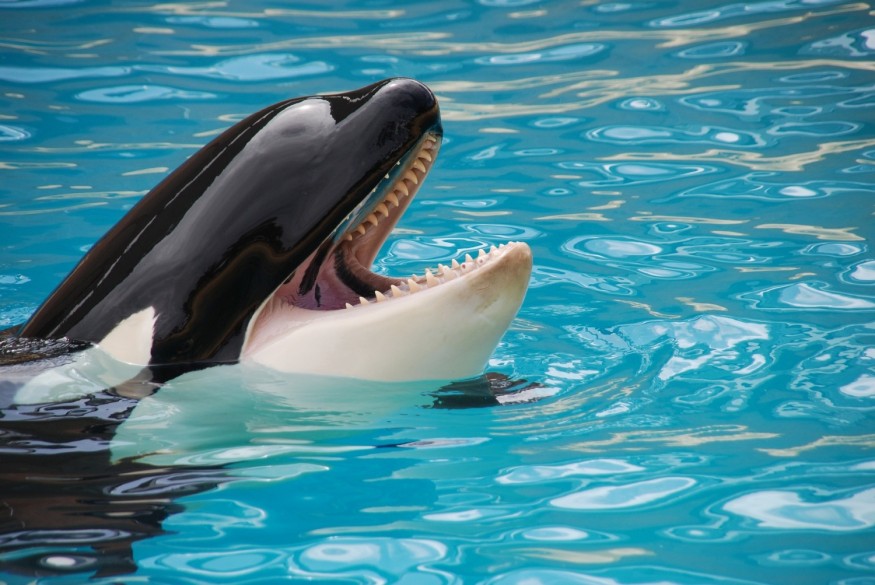Orcas continue to attack sailboats off the coasts of Spain and Portugal, but scientists have a better idea of why it happens.

Incidents When Orcas Attack Boats
There have been numerous encounters between boats and orcas off the coasts of Portugal and Spain since 2020. Orcas have approached boats both passively and actively.
Although many interactions were not fatal, some were aggressive. In fact, a sailboat carrying five people capsized in July off the coast of Sines after being rammed by orcas. As NPR reported, in August, Orcas attacked a sailing yacht in France.
Recent Attack in Sines, Portugal
There have been recent attacks off the coast of Sines, Portugal. This region seems to be a hotspot for attacks.
On Oct. 5, an orca measuring 16 to 19 feet surfaced behind Norma Russell's boat as she was sailing from Cascais, Portugal, to Sines. Russell wrote about the experience on Facebook.
She claimed that the orca bumped the boat four to five times and lifted it at the back for fifteen minutes.
The only damage was some scratches on the rudder and a few more gray hairs. She said that it was amazing, but once is enough. Even though the wheel transmits little to no feedback when using hydraulic steering, she kept the rudder centered and did not feel any significant impacts. Approximately 15 minutes later, the orca was last seen swimming away to the northwest.
Orca Attack on the Coast of Lagos
On Oct. 8, a Facebook user reported to the group Orca Attack Reporting that a boat with a damaged rudder had been towed in after sailing five miles off the coast of Lagos.
According to the user, an orca rammed at least one other boat, but it was able to drop its sails and motor away in reverse.
Scientists Track Interactions of Orcas
The Atlantic Orca Working Group, a team of scientists observing the interactions, seeks to ascertain the root of them.
According to Alfredo López, an orca expert with the Atlantic Orca Working Group, all attacks have occurred in a particular area, as reported by Newsweek.
Unfortunately, López said, everything remained the same. Although connections are maintained in a very dispersed region extending from French Brittany to the Strait of Gibraltar, they did not grow numerically from the previous year.
Despite its size, the area can still help researchers understand what might be luring orcas to this area.
Orcas Behavior
Earlier, López stated that it does not seem like the attacks are hostile. Orcas are socially sophisticated creatures that frequently exhibit odd behaviors. They might approach boats out of curiosity or as part of a game, according to scientists.
The behavior may be a cultural fad, according to Luke Rendell, a biology lecturer at the Sea Mammal Research Unit and the Centre for Social Learning and Cognitive Evolution at the University of St. Andrews in Scotland, who previously told Newsweek that the behavior has evolved socially in a particular group of whales.
According to Rendell, this problematic behavior may have its roots in play and may have evolved from earlier, less dramatic interactions that were not recorded.
RELATED ARTICLE : Must Read: Drug-resistant Bacteria Has Been Found In Orca's Breath Likely Caused By Human Contamination
Check out more news and information on Environment in Science Times.












